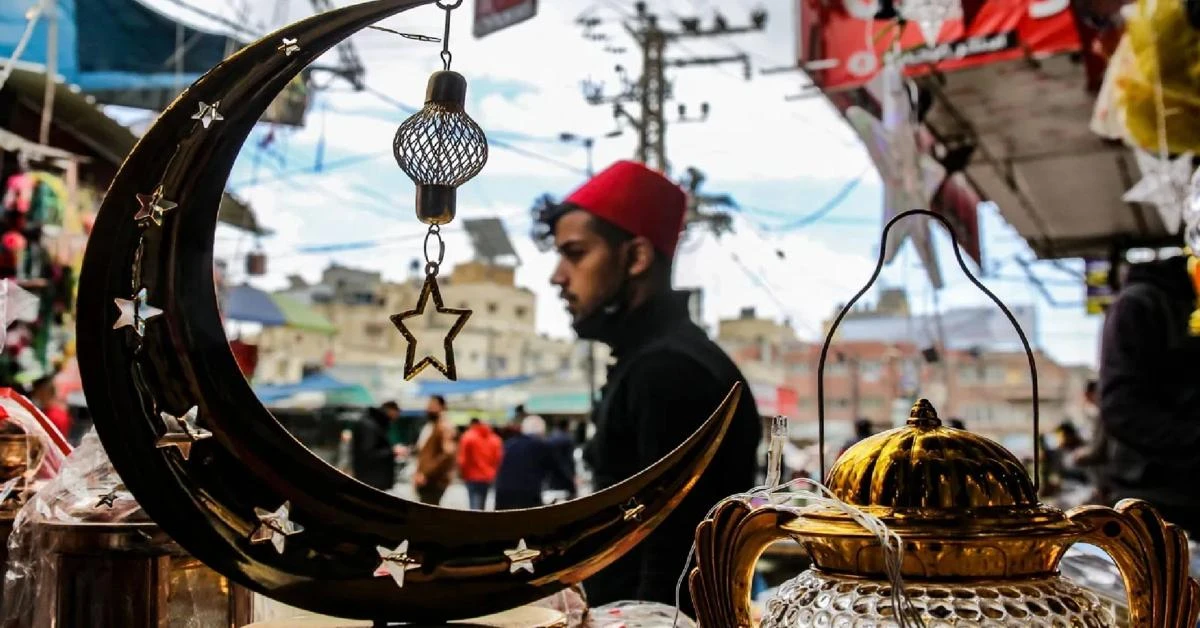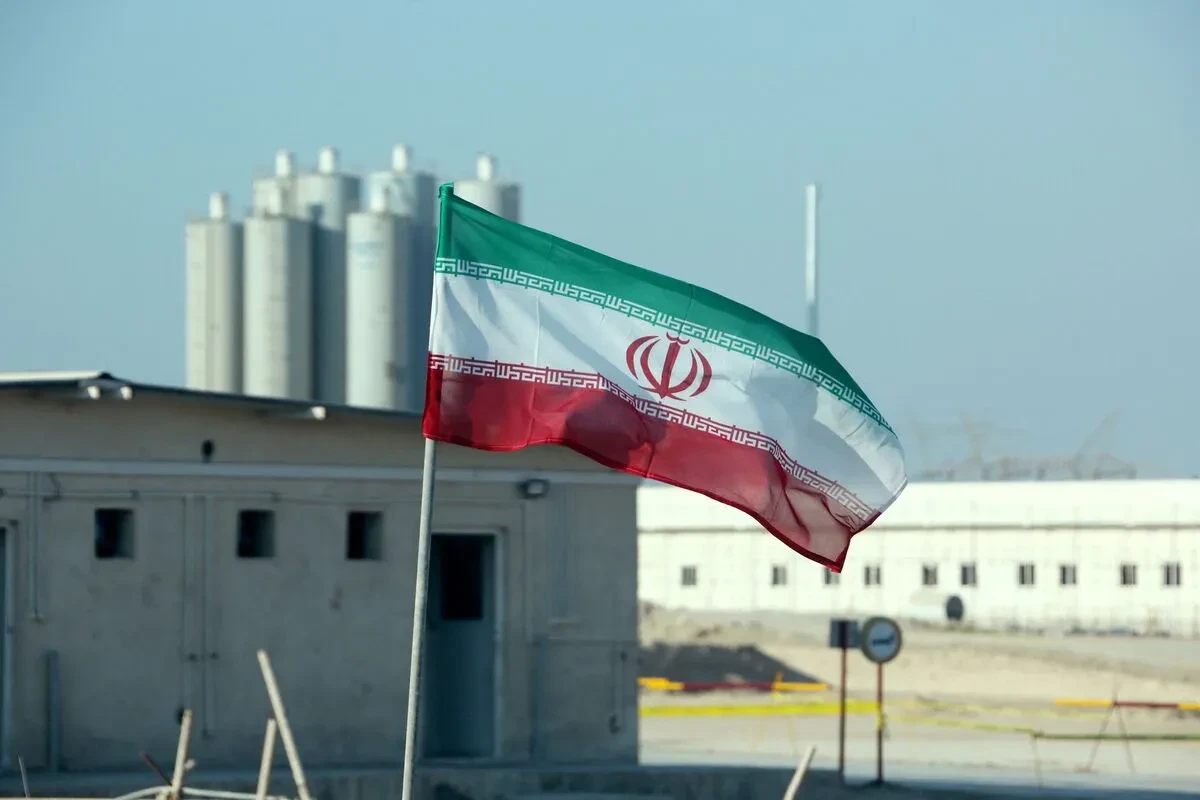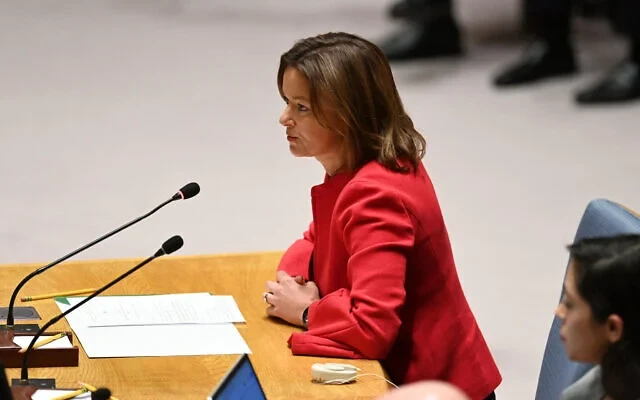Lebanese Muslims embrace Ramadan with both joy, apprehension

Despite economic challenges, individuals eagerly anticipate the spiritual rewards of the holy month of deep reflection and prayer facilitated by the day-long fast
Muslims worldwide eagerly embrace the onset of Ramadan, a period marked by fasting from dawn till dusk, fervent prayers, acts of charity and communal feasts.
In Lebanon, Sunnis commenced fasting on Monday following the sighting of the crescent moon in Saudi Arabia on Sunday evening, while Lebanese Shiites began fasting either on Monday or Tuesday.
While reveling in the customs unique to their respective communities, such as traditional treats and evening pastimes, the hardships experienced by fellow Muslims are a constant concern.
This year, the grim realities of war and famine in Gaza loom large over the festive spirit.
Despite economic challenges, individuals eagerly anticipate the spiritual rewards of the holy month of deep reflection and prayer facilitated by the day-long fast and cherished moments spent with loved ones.
Muslims enhance their iftar meals with regional delicacies, like the Lebanese qataye – small pancakes filled with cream and nuts, drizzled with syrup. However, with soaring food prices and economic difficulties prevailing, such indulgences may be harder.
In Cairo, Ramadan is heralded by vibrant lanterns adorning the streets, bakeries offering festive sweets, and TV channels airing popular soap operas during the nightly meals.
While the month is synonymous with prayer, desserts play a significant role in the festivities, reflecting the cultural significance of the occasion.
Nevertheless, beneath the surface of celebration lies a stark reality for many, exacerbated by recent economic challenges. In Egypt, where a significant portion of the population was already grappling with poverty, the recent currency devaluation has further strained livelihoods.
Across the globe, like Sonia Uddin in California, Muslim families maintain their cultural traditions during Ramadan, blending Eastern and Western influences in their meals and observances.
Despite the joyous gatherings and spiritual practices, the plight of those suffering in Gaza weighs heavily on the hearts of many, prompting a sense of responsibility and activism during this sacred month.
Source: AFP



